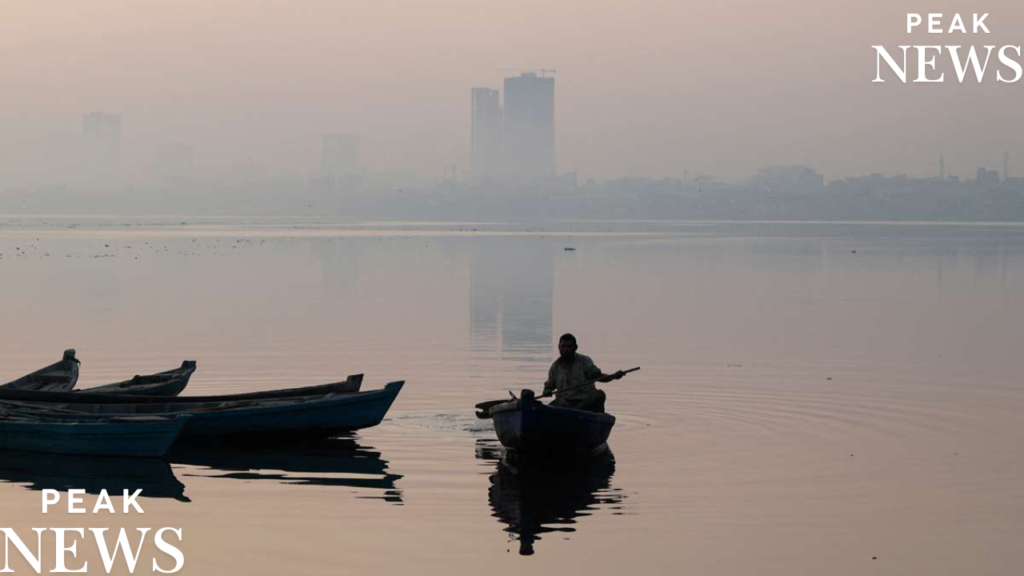
Despite the recognition that climate concerns cannot be addressed in isolation, distrust undermines the prospects for co-operation.
ISLAMABAD: Choking emissions, burning heat, and destroying floods – arch-rivals India and Pakistan have similar environmental concerns, experts say, creating a rare but untapped chance for cooperation.
The two countries, which together account for one-fifth of the world’s population, routinely blame each other for smog that blows into their territory. However, pollution levels in Pakistan’s eastern and most populated province of Punjab reached all-time highs this year, forcing the regional government to issue a rare demand for “regional climate diplomacy”.
India did not react, and it is unclear whether they will band together to combat a common foe, while experts agree the two countries cannot address climate issues separately.
“We are geographically, environmentally, and culturally the same people, and we confront the same climatic challenges,” said Abid Omar, founder of the Pakistan Air Quality Initiative (PAQI).
Despite the recognition that climate concerns cannot be addressed in isolation, distrust undermines the prospects for co-operation.
“We have to work transboundary,” he remarked.
India and Pakistan are vulnerable to extreme weather, which scientists predict is becoming more frequent and severe due to climate change.
Heatwaves have consistently exceeded 50 degrees Celsius, droughts have plagued farmers, and monsoon rains are getting more powerful.
Pakistan’s 2022 monsoon floods inundated a third of the country and killed up to 1,700 people. A year later, more than 70 people were killed in northeastern India when a mountain lake burst its banks, a scenario that is growing more prevalent as glaciers melt faster.

Climate disasters can have a terrible impact in both countries, where over half of the population lives in poverty.
“One would like to think that an urgent shared threat would bring the two sides together,” says Michael Kugelman, director of the Wilson Center’s South Asia Institute in Washington.
“The problem is that this hasn’t happened.”
Each side has forbidden agricultural burning, a way of quickly clearing crop waste ahead of the winter planting season, but farmers continue to employ it due to a lack of low-cost alternatives.
Authorities in both nations have also threatened to dismantle brick kilns that do not meet pollution standards. However, India, one of the world’s greatest greenhouse gas emitters, and Pakistan, one of the smallest, have never agreed on environmental policies, school or traffic closures, or shared technology and data.
According to experts, the geopolitical competition is so profound that all prospects for cooperation are undermined.
The nations do have regular negotiations about one crucial climate issue: sharing rights to the Indus River, which bisects Pakistan but is fed by tributaries with India. But political posturing in September saw New Delhi press Islamabad for an amendment of their water-sharing agreement, citing cross-border militant arises, according to Indian media.
However, the impetus for cooperation will only grow.








